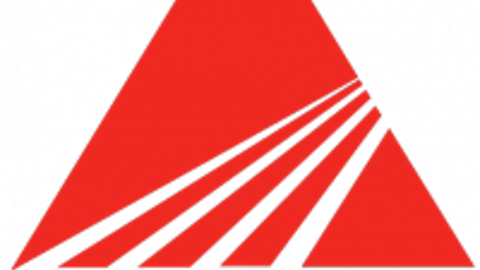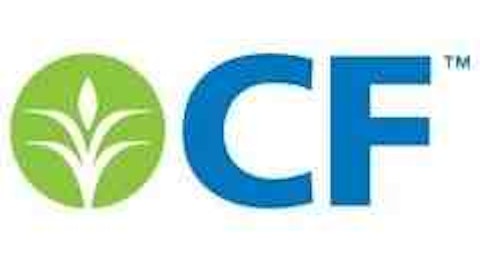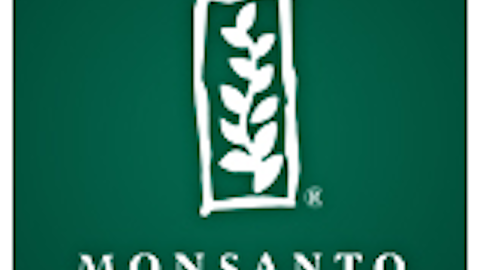Deere & Company (NYSE:DE) reported higher than expected quarterly earnings earlier this month as sales of tractors and harvesters in the Americas rose. However, there are concerns that this could be the end of the farming boom that has gripped the global economy for the last few years as record wheat, cocoa and coffee prices all reach multi-year lows. Falling crop prices generally signal lower earnings for Deere & Company (NYSE:DE) as cash receipts from crop sales usually move in line with orders for equipment. The wealth affect from high crop prices will lead farmers to spend more. However, cash receipts are expected to fall 8% this year from last and then a further 4% next year-all bad news for Deere & Company (NYSE:DE).

Oversupply in the market
Corn prices hit $8.49 a bushel during 2012 as the drought in North America devastated crops. Unfortunately there is a trend in the farming industry for farmers to over plant for the next season after a season of extremely high crop prices. The primary example of this is in the market for Sugar, in particular London sugar, which hit a high of $850 during 2011, spurring farmers to overplant and now market oversupply has forced the price down to $491 .
Moreover, a quick search on Google for ‘record crops’ will show you that Brazilian coffee, corn and soybean crops are all at record levels, which will depress prices further, reducing cash receipts and consequently Deere & Company (NYSE:DE)’s sales.
However, this oversupply is beneficial to Canadian fertilizer company Agrium Inc. (USA) (NYSE:AGU), which makes money if the crops are highly profitable or not. That said, Agrium Inc. (USA) (NYSE:AGU) is more affected by the weather and planting seasons, so the company’s earnings are highly volatile. Indeed, an unseasonal first half of colder weather hit Agrium Inc. (USA) (NYSE:AGU)’s second quarter earnings (Universal also has the same problem with its tobacco crop) although the company’s revenue still expanded by 4% earnings for the second quarter fell 14% year-on-year .
Still, Agrium Inc. (USA) (NYSE:AGU) is a relatively defensive company as farmers will always need to fertilize their crops no matter what cash receipts they receive — there has been a trend in recent years for farmers to plant even more as the price of the crop falls, exasperating global oversupply but increasing Agrium’s profitability.
Potash problems
Having said that, Agrium Inc. (USA) (NYSE:AGU)’s biggest worry has now become its potash operations. Potash is a mineral containing potassium, which is used in fertilizer production . Agrium’s vertically integrated fertilizer supply chain means that 4% of the company’s revenue and 8% of gross profit is linked to potash production. Unfortunately, the price of potash has recently been subject to much volatility as this excerpt from Yahoo Finance explains:
On July 30, Uralkali, one of the largest potash producers, announced its decision to break out of a joint-venture from Belarus Potash Company (BPC) to sell potash to the global market. Until recently, Canpotex (a joint-venture between Potash Corp., Mosaic Co., and Agrium) and the Belarus Potash Company (a joint-venture between Uralkali and Belaruskali) had occupied ~70% of global trade of potash (add FSU and Canada together in the chart above). The duopoly has given potash producers much power to sell their products at higher prices than what prices would be in a much competitive market.





